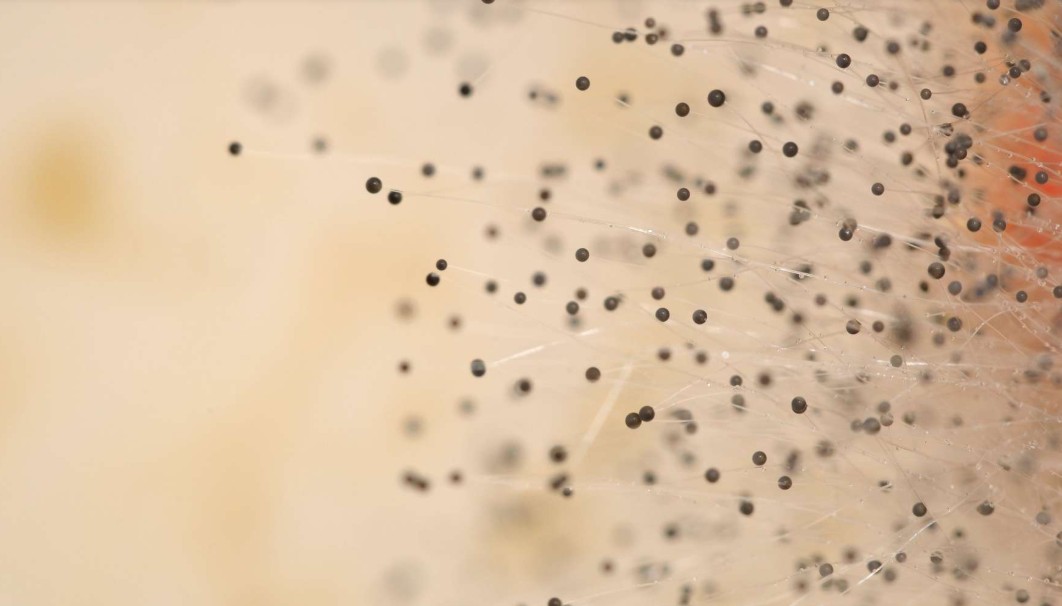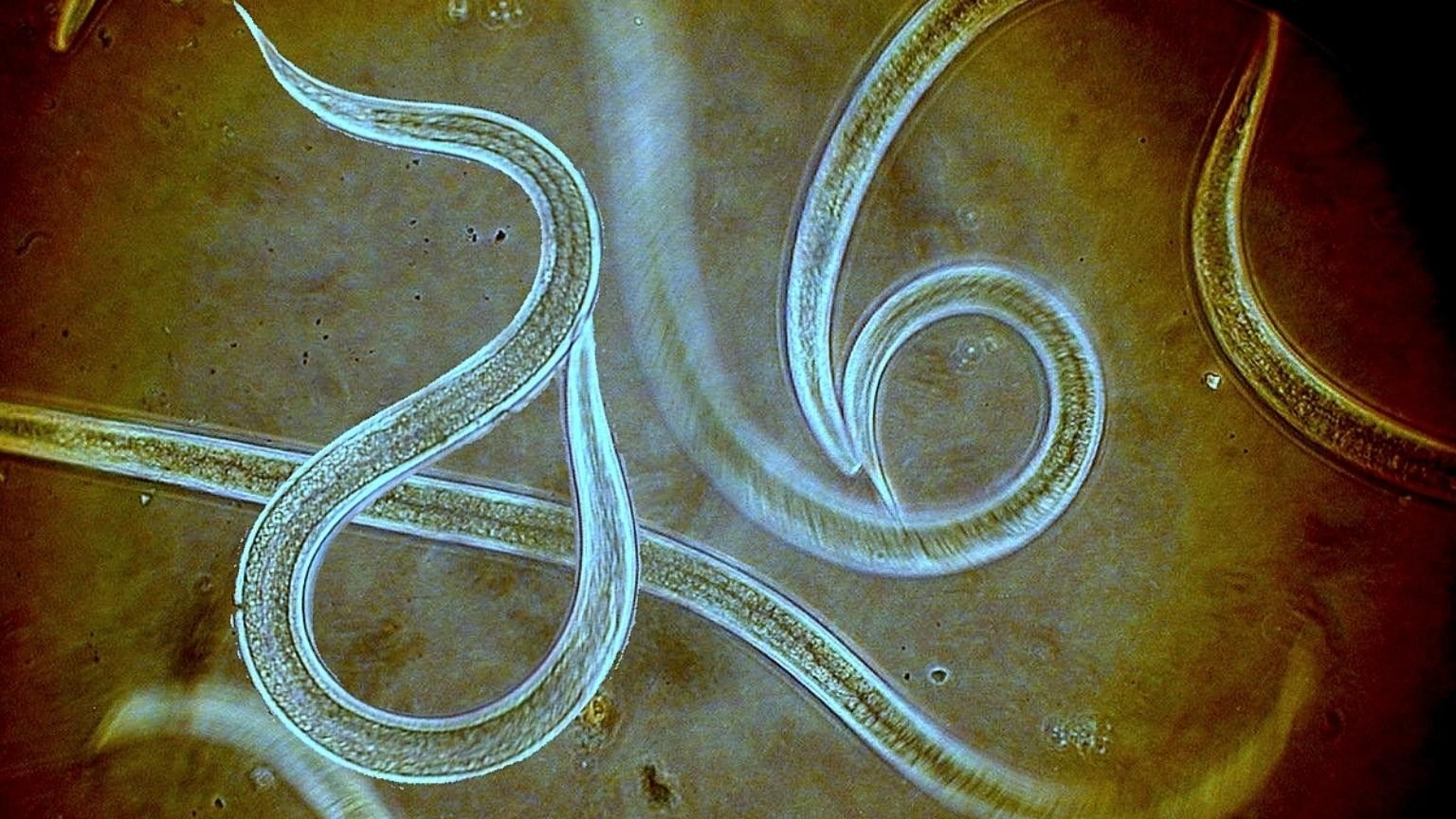PHENOL INTOLERANCE SYNDROME
Phenol intolerance syndrome occurs when phenol builds up in the system due to the slow or incomplete metabolism of phenolic compounds from food or the environment. This can be due to genetic predisposition and/or too high a load on the body of these compounds. Many foods are high in phenolic compounds, and food additives, medications, and volatile organic compounds (VOCs) can add to the overall load of phenolic compounds and overwhelm tolerance.
REACTIONS TO PHENOLIC COMPOUNDS
Intolerance to phenolic compounds can result in several reactions that include redness of the face and ears, dark circles under the eyes, fatigue, agitation, anxiety, muscle and joint aches and pains, indigestion, constipation and/or diarrhea, abdominal pain, insomnia, nightmares, wake tired, headache, foggy-headedness (inability to focus, concentrate, and recall), and hyperactive and erratic behavior in children.
PHENOL EXPOSURE
Phenolic compounds are present in fruits (esp. berries, grapes, and citrus), vegetables, grains (esp. soy and oats), nuts (esp. walnut), and oils (esp. olive). Herbs, cocoa (chocolate), wine, coffee, and tea are all high in phenolic compounds. Food additives (artificial colorings and flavorings) and volatile organic compounds are also sources of phenolic compounds.
PHENOLIC COMPOUND METABOLISM
Most fruits and vegetables promote the enzymes – phenol sulfotransferases (PST) – that metabolize phenolic compounds. Some foods decrease these enzymes through the complexity of their metabolism, for example, citrus and wine.
Artificial food additives like colors and flavorings are synthetic phenolic compounds that potently inhibit these enzymes. Food additive inhibition has been shown to affect neurotransmitter metabolism.
Levels of phenol sulfotransferases are subject to genetic variation, and there is a genetic predisposition to being intolerant to phenolic compounds. PST level and activity can be supported by specific nutrition.
PHENOLIC COMPOUND INTOLERANCE
It is worth considering phenol intolerance syndrome as a possible cause for reactions commonly associated with the intolerance when a physician workup has shown no other cause.



